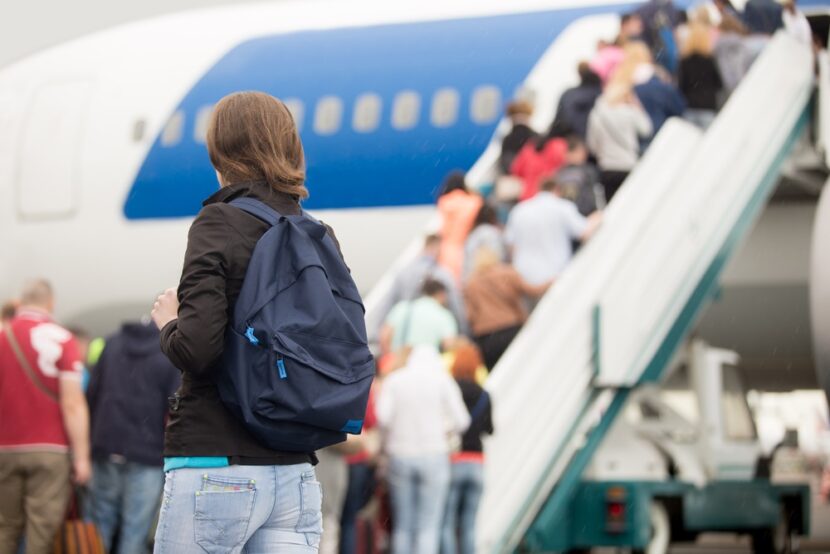GENEVA — The International Air Transport Association (IATA) has updated its passenger growth forecast, projecting that passenger numbers are expected to reach 7 billion by 2034 with a 3.8% average annual growth in demand (2014 baseline year).
That is more than double the 3.3 billion who flew in 2014 and exactly twice as many as the 3.5 billion expected in 2015.
Previously, IATA forecast 7.4 billion passengers in 2034 based on a 4.1% average annual growth rate. The revised result reflects negative developments in the global economy that are expected to dampen demand for air transport, especially slower economic growth projections for China.
The five fastest-increasing markets in terms of additional passengers per year over the forecast period will be China (758 million new passengers for a total of 1.196 billion), the U.S. (523 million new passengers for a total of 1.156 billion), India (275 million new passengers for a total of 378 million), Indonesia (132 million new passengers for a total of 219 million) and Brazil (104 million new passengers for a total of 202 million).
Seven of the 10 fastest-growing markets in percentage terms will be in Africa. The top 10 will be: Malawi, Rwanda, Sierra Leone, Central African Republic, Serbia, Tanzania, Uganda, Papua New Guinea, Ethiopia and Vietnam. Each of these markets is expected to grow by 7-8% each year on average over the next 20 years, doubling in size each decade.
In terms of routes, Asian, South American and African destinations will see the fastest growth, reflecting economic and demographic growth in those markets. Indonesia-East Timor will be the fastest growing route, at 13.9%, followed by India-Hong Kong (10.4%), within Honduras (10.3%), within Pakistan (9.9%) and UAE-Ethiopia (9.5%).
“The demand for air transport continues to grow. There is much work to be done to prepare for the 7 billion passengers expected to take the skies in 2034,” said Tony Tyler, IATA’s Director General and CEO.
“Economic and political events over the last year have impacted some of the fundamentals for growth. As a result, we expect some 400 million fewer people to be travelling in 2034 than we did at this time last year. Air transport is a critical part of the global economy. And policy-makers should take note of its sensitivity. The economic impact of 400 million fewer travellers is significant. Each is a lost opportunity to explore, create social and cultural value, and generate economic and employment opportunities. It is important that we don’t create additional headwinds with excessive taxation, onerous regulation or infrastructure deficiencies,” said Tyler.

